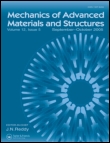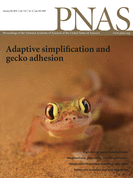![]() Accusations of plagiarism spanning at least 14 years have finally caught up with Richard Lawrence Etienne Barnett, who has had 13 papers retracted from a journal he had guest edited.
Accusations of plagiarism spanning at least 14 years have finally caught up with Richard Lawrence Etienne Barnett, who has had 13 papers retracted from a journal he had guest edited.
The dean of the for-profit University of Atlanta has been accused of copying his own and others’ work a number of times, as we wrote in November.
Here’s the notice from Neohelicon editor Péter Hajdu: Continue reading Serial plagiarist loses 13 papers








